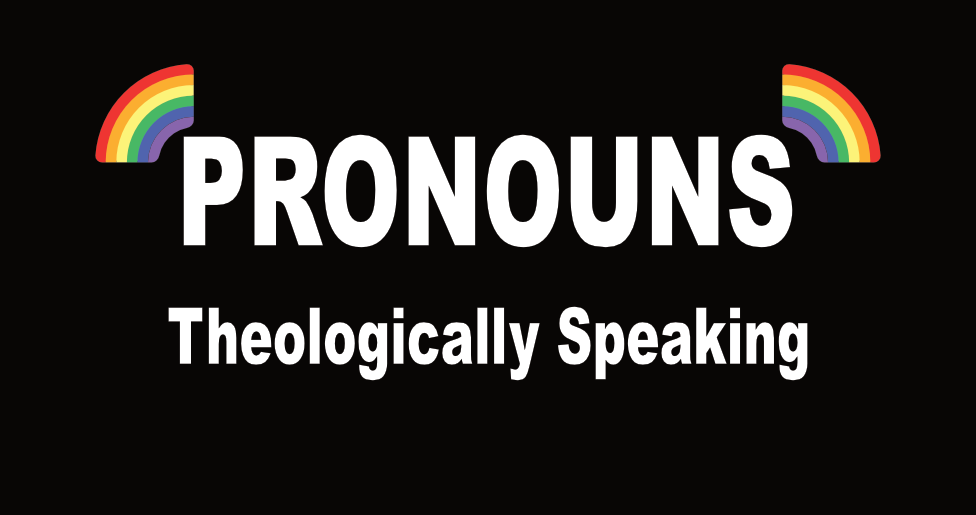Pronouns, Gender, and the Divine
Newman Millhollon Turner, Grief Specialist
2 min read


When we talk about faith, the words we use, including pronouns, help shape how we think about God and our connection to the divine. But these words, especially pronouns, are often more complex than they first appear. In Christian belief, pronouns like "she/her" for the Church, and the variety used for God, Jesus, and the Holy Spirit, open up deeper understandings of faith, love, and the mystery of God.
The Church: She/Her
The Church is often described using feminine pronouns like "she" or "her." This tradition comes from the Bible, where the Church is called the “Bride of Christ.” This idea is found in verses like Ephesians 5:25-27, where Christ’s love for the Church is compared to a husband’s love for his wife. The feminine language highlights the nurturing and life-giving role of the Church in helping us grow spiritually.
The Holy Spirit: A Mix of Pronouns
The Holy Spirit is described with different pronouns depending on the language and context. In Hebrew, the word for Spirit is feminine; in Greek, it is neutral. In English, the Spirit is often referred to as “He.” But the Holy Spirit isn’t limited by gender. These different ways of describing the Spirit remind us that the Spirit’s nature is beyond human categories, showing us the Spirit’s dynamic and all-encompassing presence.
Jesus: A Male Figure with Feminine Imagery
Jesus, often called the Son of God, is described using masculine pronouns in the Bible. However, He also used feminine imagery to describe His care and compassion. In Matthew 23:37, Jesus compares Himself to a mother hen gathering her chicks, showing His protective and nurturing love. While Jesus lived as a man, this imagery reminds us that His love includes qualities traditionally seen as feminine, like gentleness and care.
God: Beyond Gender
God isn’t male or female. The Bible uses both masculine and feminine imagery to describe God. For example, God is often called “Father,” but in Isaiah 66:13, God is also compared to a comforting mother. Some people prefer to avoid pronouns for God altogether, using phrases like “God is spirit” from John 4:24 to emphasize that God is beyond human labels.
Why Language Matters
The words we use for God, Jesus, the Holy Spirit, and the Church do more than describe—they shape how we connect with our faith and each other. Pronouns and imagery remind us that God’s love is bigger than we can imagine and that God can’t be limited by human ideas.
As we think about pronouns in theology, we see how they help us explore the rich and diverse ways God’s love is expressed. Paul writes in Galatians 3:28, “There is neither Jew nor Gentile, neither slave nor free, nor is there male and female, for you are all one in Christ Jesus.” This verse reminds us that our identity in Christ surpasses all labels.
No matter the pronouns we use, what matters most is how we reflect God’s love. Let our language build unity, celebrate diversity, and show the greatness of God’s love for everyone.


Bella
Empowerment
Reclaiming faith for all.
Connect
© 2024. All rights reserved.
Content Disclaimer: All content shared on Pride Faith Voices belongs to the individual writers and reflects their personal views and experiences. These opinions and perspectives do not necessarily represent the official stance of Pride Faith Voices as a whole.
